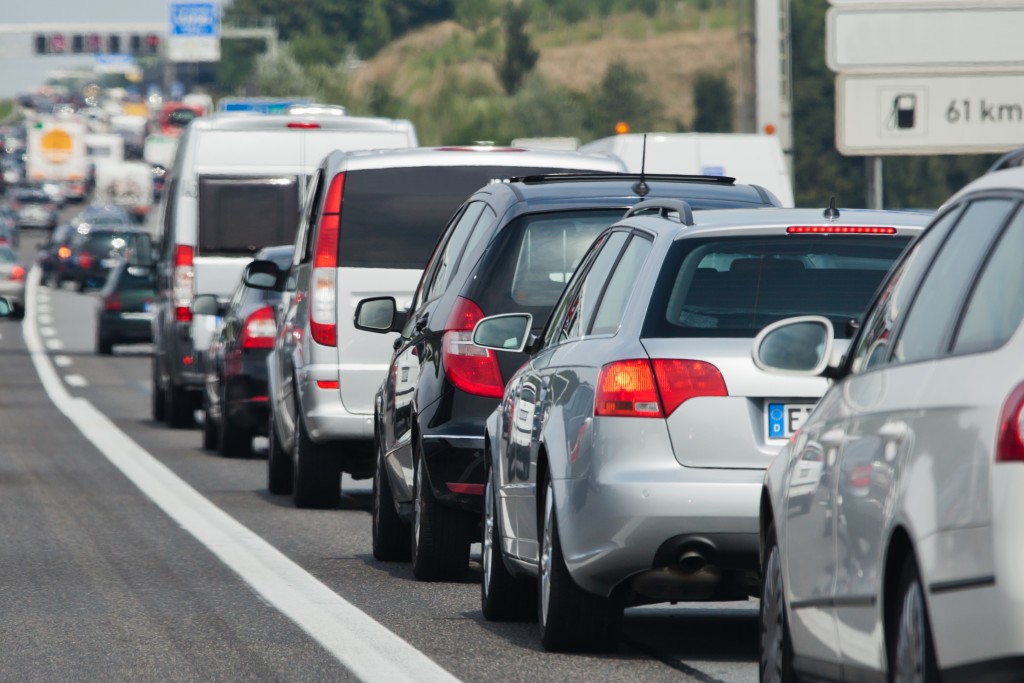Many car owners know the basic requirements of owning a vehicle. They understand the state and local regulations they need to follow and even the kinds of repair you might need from a garage. A responsible car owner should check a garage if they have the mobile column car lifts they might need during repair or maintenance or even the list of services they might require, such as an oil change or engine checkup. But one thing they need if they are genuinely responsible is car insurance.
Buying low-cost auto insurance is not necessarily your best choice. You should consider the main sections of your policy to guarantee it meets your needs. Vehicle insurance policies comprise six main parts. Four of these are the types of coverage you will get, one includes a policyholder’s duties after an accident, and the last is the general provisions of the policy. Here are tidbits on these sections.
Liability and Medical Payments
These are included in two sections. The liability section covers bodily injuries and property damage you will have caused when found responsible for an accident. If, for instance, you crash into another driver’s vehicle, your insurance will cover the expenses related to the damage you cause and any injuries the victim suffers up to the limits in your policy.
In some states, medical payments are called PIP (personal injury protection). They protect a policyholder and the passengers in their vehicle who will be injured in an accident. That is irrespective of the person at fault. PIP covers not only medical care costs but also funeral costs up to its specified limit.
Uninsured Motorists and Physical Damage

These also make up two distinct sections in your policy. The uninsured motorist cover compensates policyholders and their vehicle occupants for bodily injuries. That is if an accident is attributed to drivers who are underinsured or have no liability coverage. It also covers the property damage along with body injuries that you will suffer in a hit-and-run accident.
The physical damage coverage is also called the collision or comprehensive cover. It covers the physical damage your vehicle will sustain in an accident irrespective of who is found at fault. It also includes car theft and vandalism, among other elements.
Policyholder Duties after a Loss
You have specific responsibilities as the policyholder after a loss or accident. You, for instance, should promptly notify the police if you are a hit-and-run victim under the uninsured cover. Under the physical damages policy, on the other hand, policyholders are meant to take all reasonable steps to minimize the impact of an accident on their vehicle.
General Provisions
This section includes the conditions of your policy and your obligations, along with your insurer’s. A common situation is that losses will only be covered within the policy period included on the declarations page. The policy terms contained in the general provisions section cannot be waived or changed without a written endorsement. Any premium adjustment is effected on the date of the policy’s change.
Every car owner should understand these provisions so that they would not worry when unavoidable accidents or occurrences happen to them on the road.
